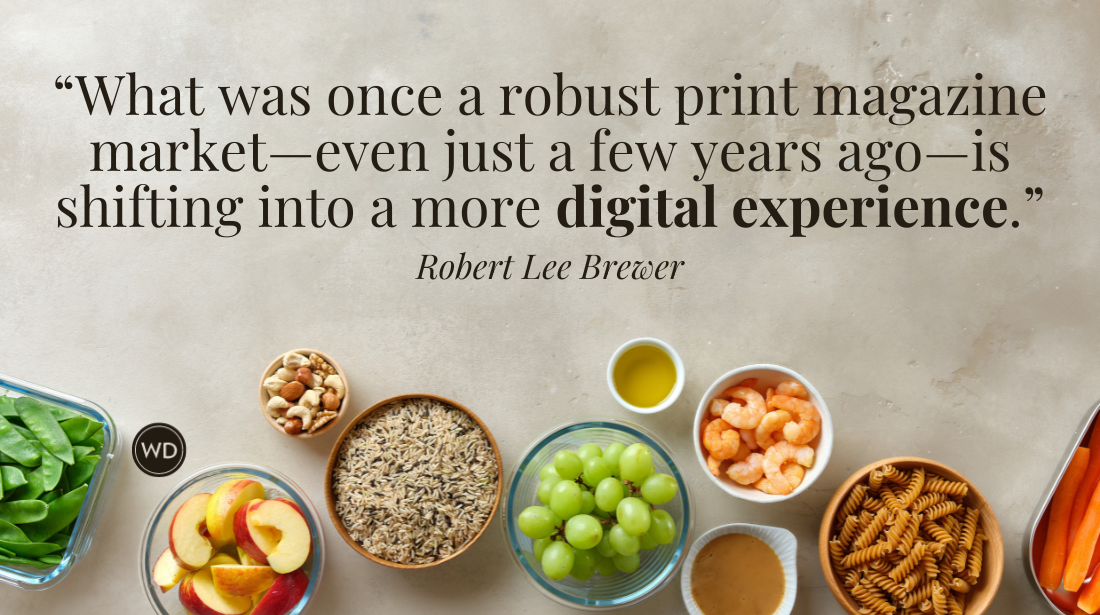What Is the Hook, the Book, and the Cook Query Pitching Technique for Writers?
Find out what “the hook, the book, and the cook” are in relation to writing query letters and pitching books to literary agents and book editors. This post answers the question of what each one is and how to successfully assemble the pieces.
Writers looking to get their books published often find out early in the process that one of the most important tools for finding success is a strong query letter. A query is the key that often opens doors to the next step of the publishing process, which involves sending sample pages and/or a nonfiction book proposal. It's also an opportunity to get an agent or editor really excited about your book.
So writing a strong query is super important, and one of the best methods for putting together your query is called "the hook, the book, and the cook" technique. And this post dives into how writers can make this technique work for them.
What Is the Hook?
The hook is a succinct statement that will do two things at once:
- Make the book concept easy to grasp, and
- Excite the agent or editor to learn more about the project.
This can be accomplished in a variety of ways. For fiction, it might be a really compelling elevator pitch. For nonfiction, it might be a startling fact or statistic that's related to the subject of your book. For either genre, an author could do a juxtaposition (something like Jaws meets Love Actually).
And if you're a household name already, that would be your hook. But 99.99% of people, including myself, fall outside that threshold.
What Is the Book?
As you may have guessed, the book is all about the book; but not ALL about the book, if you know what I mean. That is, "the book" part of the query gives the gist of the book, not a summary or explanation of EVERYTHING that happens in the book.
If you haven't included it already in the hook, you'll want to immediately start this section off by mentioning the title of the book and the word count. Then, you'll want to paint a picture of what happens in your book.
For fiction, this might be like the copy you would find on the back or inside cover of a book: two to three paragraphs that share the stakes of the story without getting sidetracked into discussing the other deeper elements of the story. Instead, focus on one or two characters, what they want out of life, what's making that difficult, and how things are getting even more complicated/dangerous/etc.
For nonfiction, this would still be like the copy you'd find on a book, but it will be appropriate for the type of nonfiction you're writing. For instance, the essence of a nonfiction history book will be captured in a different way than the essence of a self-help book.
For either genre, you'll also want to provide comp titles, but that subject deserves an entire post all its own.
What Is the Cook?
The cook, of course, is the author. So this is where the writer talks about themselves in a flattering and truthful way. The most important things to share are those that are relevant to their book.
Important things may include (but are not limited to):
- Previous published books (especially if they sold well or won awards)
- Writing awards (best if in same genre as their book)
- Social media stats (if they have thousands of connections)
- Published credits (national magazines best, but regionals can be good too)
- Media connections
- Professional affiliations or careers
- Anything else that might help them connect with their target audience and sell more books
Writers should limit this section to one paragraph and don't stretch the truth. Agents and editors are good at double-checking that kind of stuff.
How Do I Assemble the Pieces?
In most cases, you'll probably want to assemble these pieces in the order of the hook first, the book second, and the cook third. However, there are cases when you may wish to move the cook section above the book and even above the hook (because the cook is sort of a hook unto themself).
Above, I mentioned that if you're in the 0.1% of the population that would be considered a household name, that you might want to lead with that. But there are other situations to consider leading with the cook section.
For instance, if you're writing a spy novel and were an actual spy in real life. That's kind of a unique thing that could make you very attractive to agents, editors, publicists, and the general public. So you'd want to make sure that's not buried, because it could be the type of thing that makes your query stand out.
Now that you have the ingredients, go cook up an amazing query.
Robert Lee Brewer is Senior Editor of Writer's Digest, which includes managing the content on WritersDigest.com and programming virtual conferences. He's the author of 40 Plot Twist Prompts for Writers: Writing Ideas for Bending Stories in New Directions, The Complete Guide of Poetic Forms: 100+ Poetic Form Definitions and Examples for Poets, Poem-a-Day: 365 Poetry Writing Prompts for a Year of Poeming, and more. Also, he's the editor of Writer's Market, Poet's Market, and Guide to Literary Agents. Follow him on Twitter @robertleebrewer.








